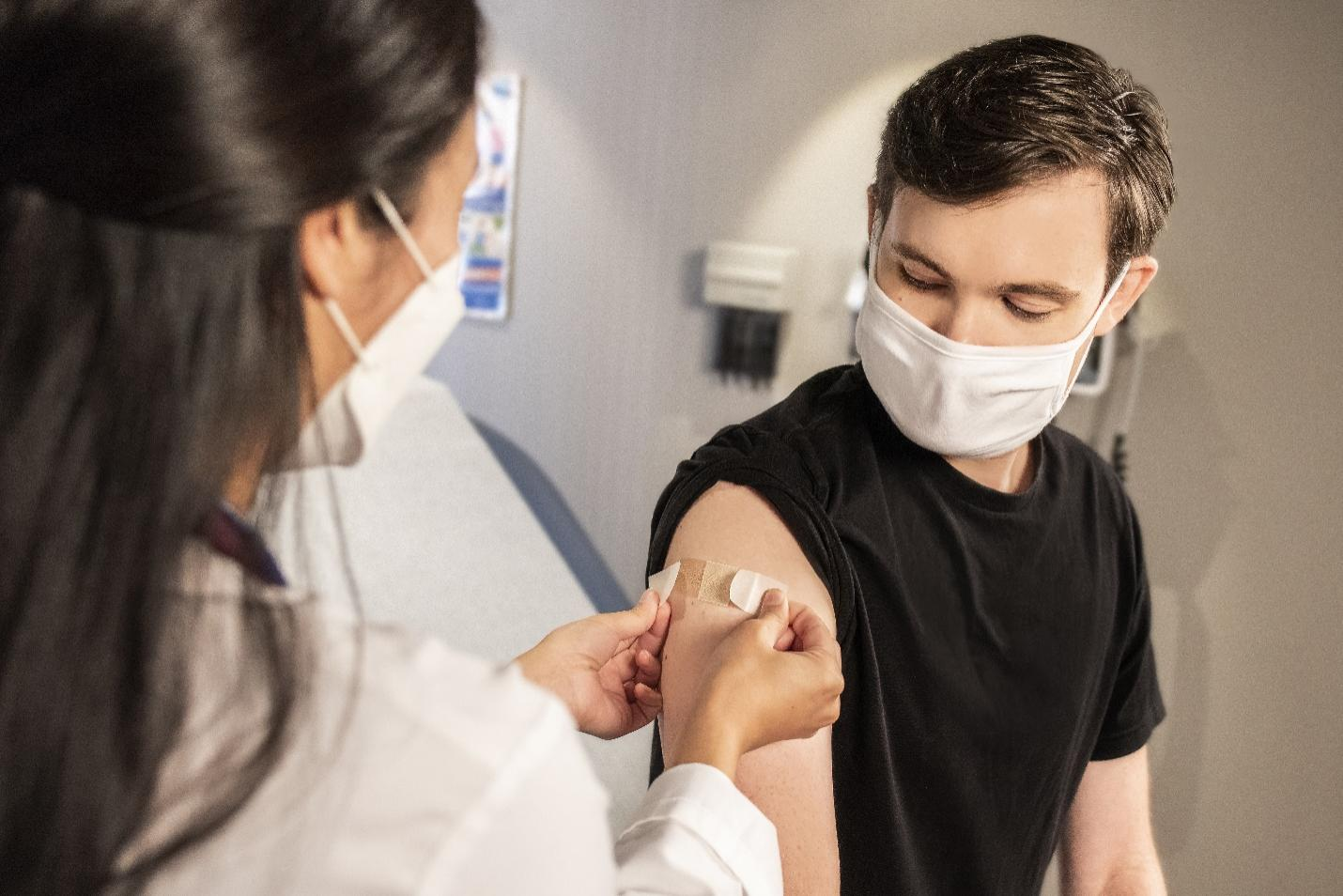Upper Respiratory Tract Infections: A Detailed Guide
The respiratory system is a complex network of organs and tissues that help us breathe. The upper respiratory tract includes the nose, throat, sinuses, and larynx. Upper respiratory tract infections (URTIs) are common medical conditions caused by viruses and bacteria. They can range from mild colds to severe infections such as pneumonia. In this detailed guide, we will explore URTIs, their causes, symptoms, treatment, and prevention.

Causes of URTIs
Upper respiratory tract infections are caused by various viruses and bacteria. The most common viruses that cause URTIs are rhinovirus, coronavirus, adenovirus, and respiratory syncytial virus (RSV). These viruses are highly contagious and can be easily spread through coughing, sneezing, or touching contaminated surfaces.
Bacteria that can cause URTIs include Streptococcus pneumoniae, Haemophilus influenzae, and Mycoplasma pneumoniae. They infect the lining of the nose, throat, and sinuses. These infections are often spread through droplets when an infected person sneezes, coughs, or talks, and another person inhales these droplets. So, the nearer you are to a contaminated person, the higher your chance of developing an upper respiratory tract infection. These bacteria can attach themselves to the mucous membranes in the respiratory tract and start to multiply, leading to inflammation and irritation of the respiratory tract.

Symptoms of URTIs
The severity of the symptoms can vary depending on the type of bacteria or virus causing the infection. It also depends on the overall health of the infected person. Some of the most common symptoms of URTIs include:
- Runny nose
- Nasal congestion
- Sore throat
- Cough
- Sneezing
- Headache
- Fatigue
- Fever
If left untreated, upper respiratory tract infections caused by bacteria or viruses can lead to complications such as ear infections, sinusitis, pneumonia, and even sepsis in some cases. Therefore, it’s important to seek medical attention if you suspect you have a bacterial or viral infection.
Treatment of URTIs
The treatment of upper respiratory tract infection varies depending on the type and severity of the infection. Most URTIs are self-limiting, which means that they will resolve on their own without any specific treatment. However, there are some treatments that can help alleviate the symptoms and speed up the recovery process.

- Rest: One of the most important things you can do when you have an Upper Respiratory Tract Infectionis to rest. This will help your body fight off the infection and speed up the recovery process. Doing any exercise that will put your body into exertion isn’t the best course of action when you’re fighting an illness or an infection.
- Hydration: Drinking plentyof fluids can help loosen the mucus and alleviate congestion. Water, herbal tea, and warm soup are excellent choices. Doctors also recommend the infected person avoid caffeine and alcohol, as they can contribute to dehydration.
- Pain relievers: Over-the-counter pain relievers such as acetaminophen or ibuprofen can help relieve pain and reduce fever.
- Decongestants: They can help alleviate nasal congestion by shrinking the blood vessels in the nose. Proceed with caution, though, as decongestants can cause side effects such as insomnia, nervousness, and a spike in heart rate.
- Saline nasal sprays: Saline nasal sprays can help alleviate nasal congestion by flushing out the mucus from the nose, which results in easier breathing.
- Antibiotics: Antibiotics are only effective against bacterial infections. They are not effective against viral infections. Therefore, doctorsresort to prescribing antibiotics only when there is a bacterial infection or a risk of bacterial complications.

Prevention of URTIs
Prevention is the best way to avoid or prevent URTIs. Here are some precautionary measures that prove useful when one doesn’t want to contract a URTI:
- Wash your hands frequently with soap and water. This will help wash off the germs and prevent the spread of viruses and bacteria.
- Cover your mouth and nose when you cough or sneeze.
- Avoid close contact with people who are sick. URTIs are often airborne.
- If you are sick, stay home to avoid spreading the infection to others.
- Vaccines are available for some URTIs, such as influenza and pneumonia. Talk to your family doctorabout getting vaccinated.
- Maintain a healthy lifestyle to help boost your immune system and prevent infections.
Do You Need a Doctor?
If you think you might be experiencing symptoms of an Upper Respiratory Tract Infection, get in touch with an online doctor now. Avoid infecting others and seek medical help from the premise of your home using the services of TelMDCare.
We also treat other health conditions such as erectile dysfunction, strep throat infection, and conjunctivitis. Book an appointment with us for only $39 today!